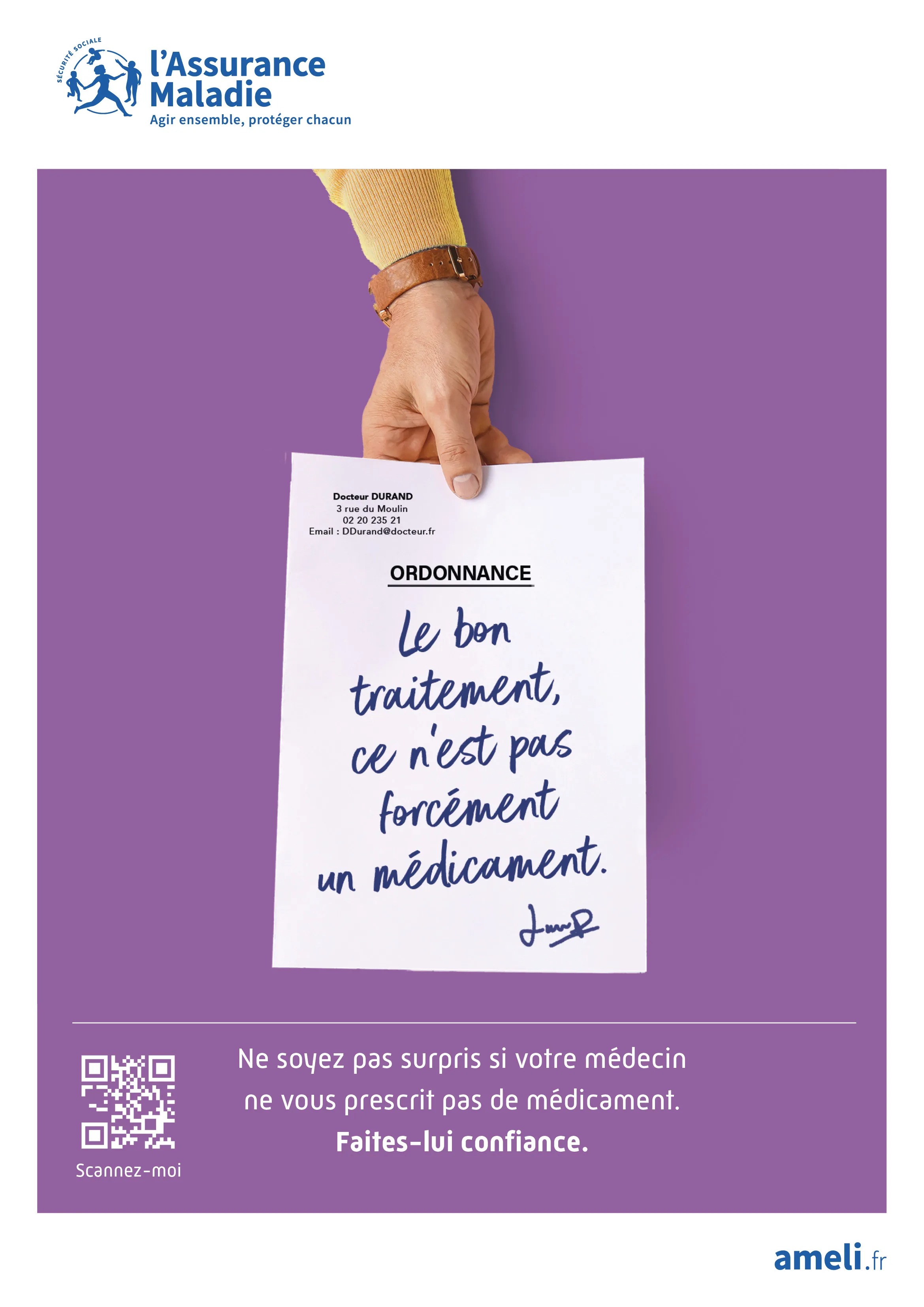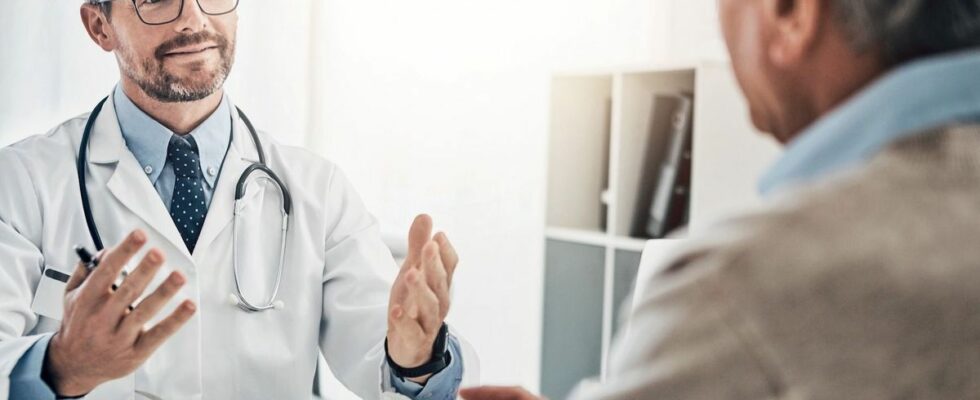Published on
updated on
Reading 2 min.
In France, medicine is omnipresent in everyday medical life: almost 80% of consultations end with a prescription. However, this overconsumption leads to public health risks, particularly through drug interactions responsible for thousands of hospitalizations and deaths each year.
Faced with this observation, Health Insurance launched an awareness campaign entitled “The right treatment is not necessarily medication“, aimed at encouraging a more reasoned and prudent approach to prescribing.
The risks associated with overconsumption of medications
Medications, although essential to treat many pathologies, are never trivial. Their excessive use can cause side effects such as fatigue, sleep disorders and reduced alertness, particularly affecting the elderly.
In addition, the overuse of antibiotics promotes the development of bacterial resistance, making certain infections more difficult to treat. A recent study indicates that more than 200,000 hospitalizations and 10,000 deaths per year in France are attributable to drug interactions.
Towards non-drug alternatives
For certain benign illnesses, the body can heal itself without pharmacological intervention. Thus, a cold or sore throat can be relieved by good hydration and nose washes, without requiring medication. In other situations, approaches such as physical activity and cognitive-behavioral therapies can effectively replace drug treatments, particularly for sleep disorders and mild depression. For example, for lower back pain, practices such as yoga, physiotherapy or active walking often prove more beneficial than anti-inflammatories.
Deprescribing, a risk reduction tool
Deprescribing consists of gradually stopping medications that have become useless or dangerous. This practice, encouraged to limit adverse effects and interactions, makes it possible to better adapt the treatment to the patient’s real needs. This approach involves rigorous medical monitoring, where the doctor regularly evaluates treatments based on changes in the patient’s health.
Furthermore, in consultation with the patient, the doctor can opt for a deprescription if the state of health improves, or if new data reveals risks associated with the medication.
Awareness among the French
The approach to medication sobriety seems to resonate with the expectations of many French people. According to a recent study, 87% of patients prefer their doctor to provide them with advice to relieve their symptoms rather than systematically prescribing medication. However, habits are still well established, and 50% of French people still wait for a prescription following a consultation.
This contradiction shows that better education on side effects and possible alternatives could strengthen confidence in treatment without drugs.
Towards more sustainable health
The Health Insurance initiative highlights a new health model, centered on prevention, listening and educating patients. Through tools, information campaigns and training for health professionals, the objective is to give the patient and the doctor the possibility of choosing a suitable treatment, where the use of medication becomes an option and not an automatic process. .

